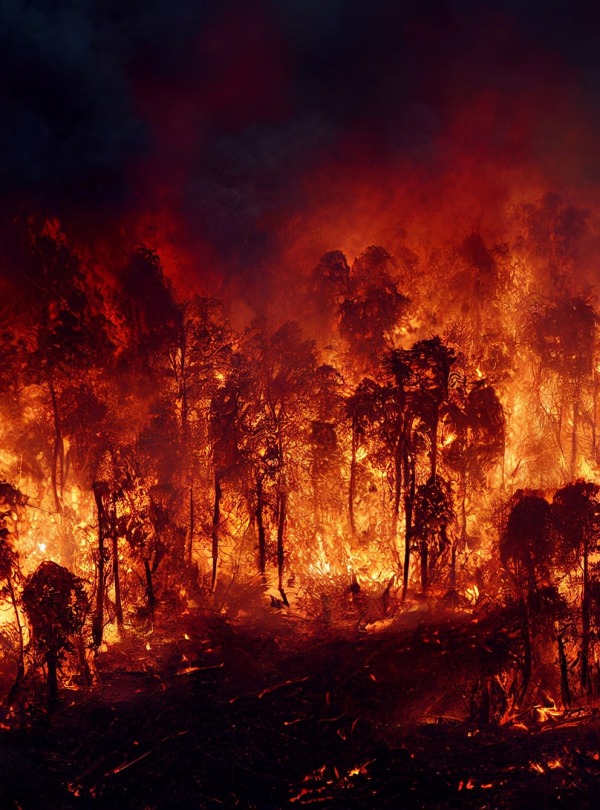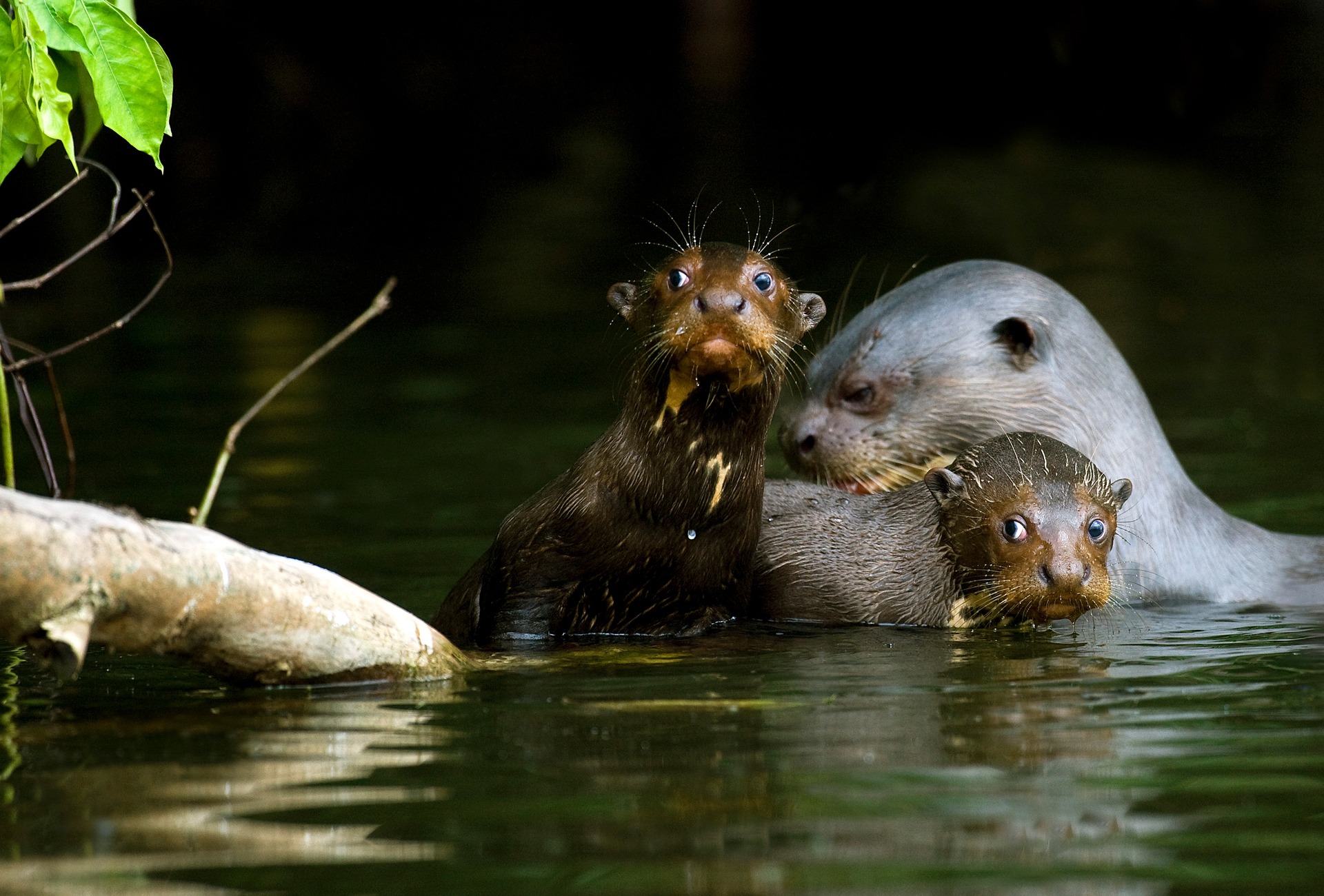
Protect a Critical Forest from a Mega-highway in Brazil
Support More Projects Like ThisSupport More Projects Like ThisA mega-highway crossing the Central Amazon threatens rare species, high-carbon flooded forests and Indigenous communities.
-
Species at Risk
Giant Otter (EN), Amazon River Dolphin (EN), Tucuxi (EN)
-
Carbon stored
138,627,435 mT*
*(metric tons of CO2 equivalents) -
Partner
Centro de Trabalho Indigenista
-
429,823 Proposed Acres Conserved by
Designation
-
Project Cost: $1,706,689
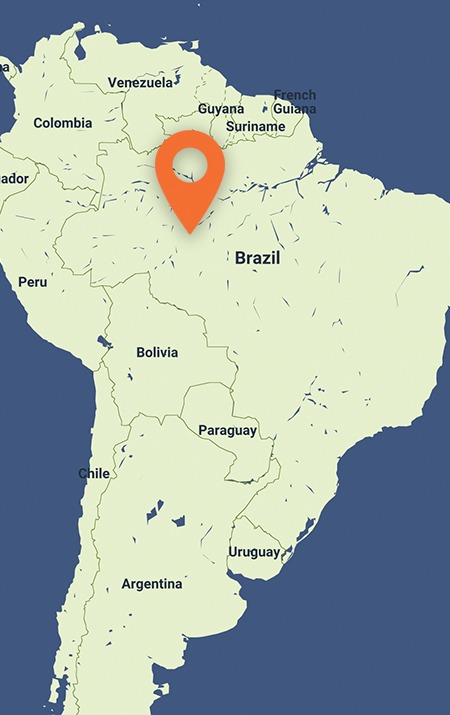
429,823
A mega-highway crossing the Central Amazon threatens rare species, high-carbon flooded forests and Indigenous communities.
-
Species at Risk
Giant Otter (EN), Amazon River Dolphin (EN), Tucuxi (EN)
-
Carbon stored
138,627,435 mT*
*(metric tons of CO2 equivalents) -
Partner
Centro de Trabalho Indigenista
-
429,823 Proposed Acres Conserved by
Designation
-
Project Cost: £1,354,515

429,823
Historic isolation has protected tropical forests and an astounding array of endemic Amazon species, but government plans to resurface a controversial, 50-year-old highway will expose this ecosystem to land grabbing, speculation, and extraction of natural resources. This region of high-carbon lowland forests, which are seasonally flooded by tributaries of the upper Amazon, and dry forests support abundant biodiversity and Indigenous communities who have sustainably managed the forests for thousands of years.
Capanā Lake lies at the heart of this Central Amazon Rainforest, surrounded by a mosaic of Indigenous territories. A significant portion of these territorial lands have yet to be mapped and recognized by the government as Indigenous lands. The soon-to-be-resurfaced highway, which has been impassable since 1988, runs along the northern border of the area.
Urgent action must be taken to secure these vulnerable territories as Indigenous owned and managed, giving communities legal recourse to defend their forests. Rainforest Trust and our partner, Centro de Trabalho Indigenista, seek to support the establishment of the 429,823-acre Lago Capanā II Indigenous Territory. The Indigenous communities here have initiated the process with the government to have the boundaries of their territory officially defined, but there is much yet to be done.
Header photo: Giant Otter, by Slowmotiongli
Explore Capanā Lake Region
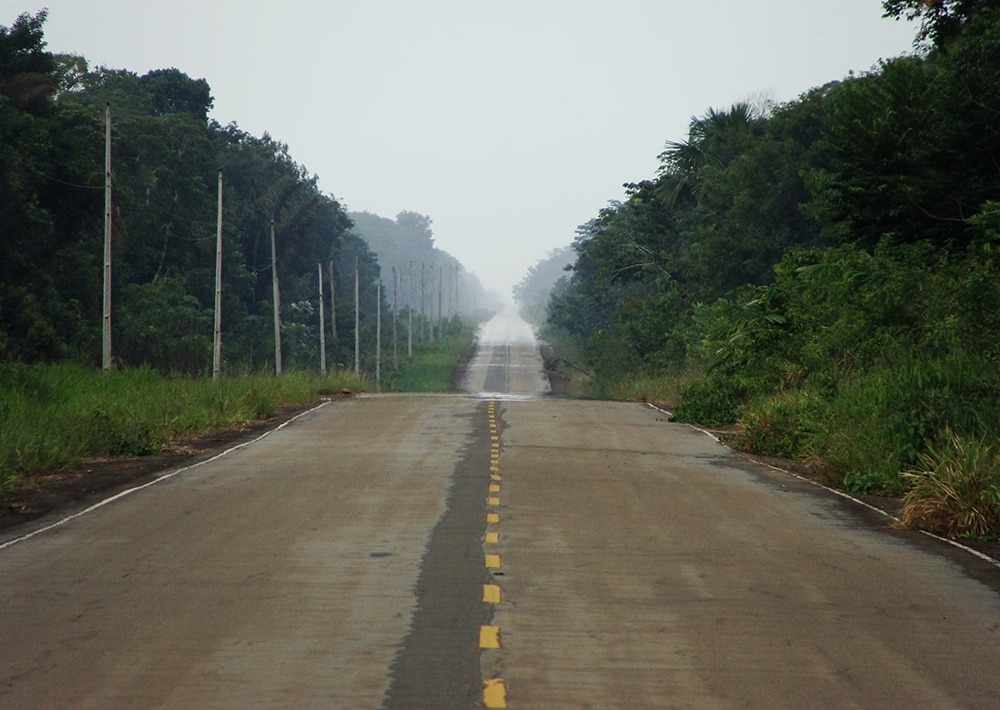
The mega-highway, BR-319, by Ben Sutherland/Wikipedia CC
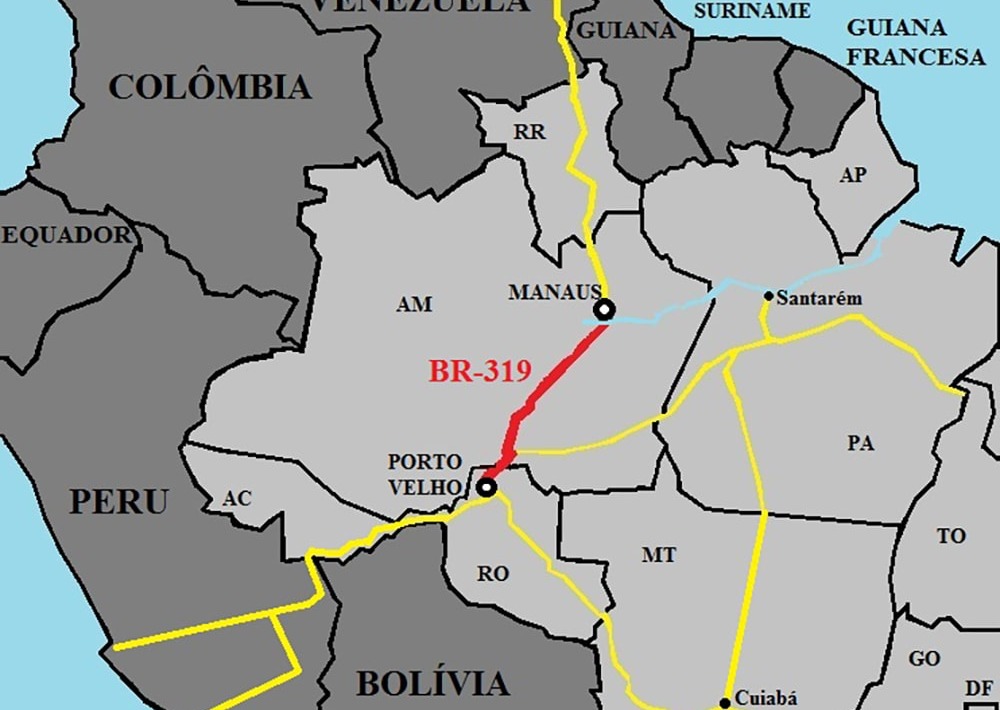
Location map of BR-319, Wikipedia/CC
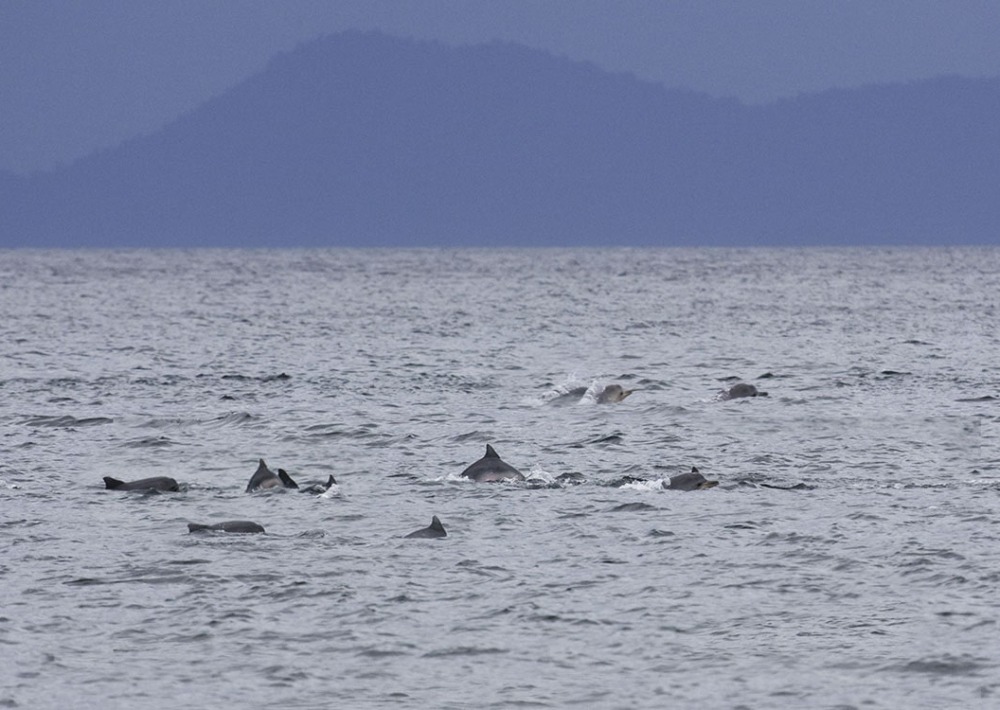
Tucuxi, by Barbara Eckstein/Flickr
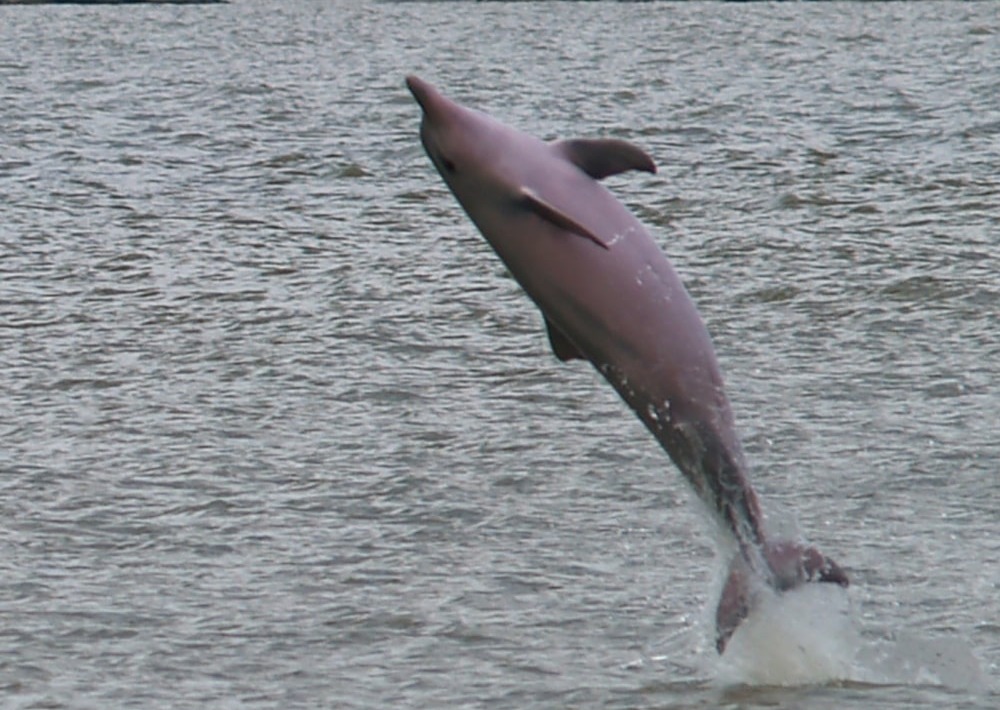
Tucuxi, by Archilider/Wikipedia CC
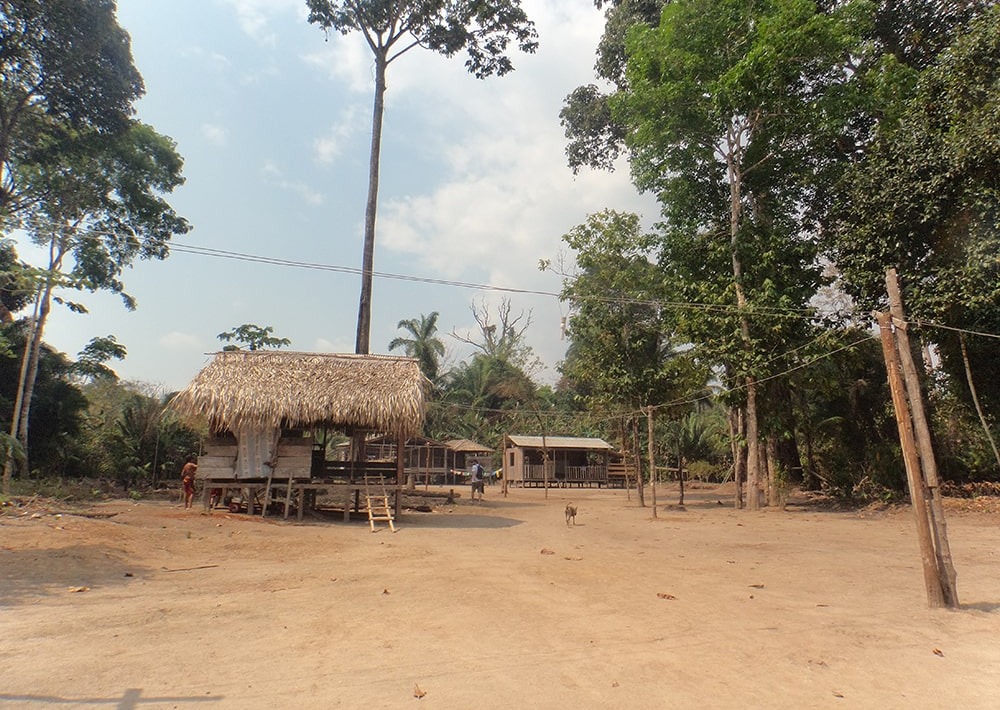
Monte Claro Community, Capanã Lake, by partner CTI
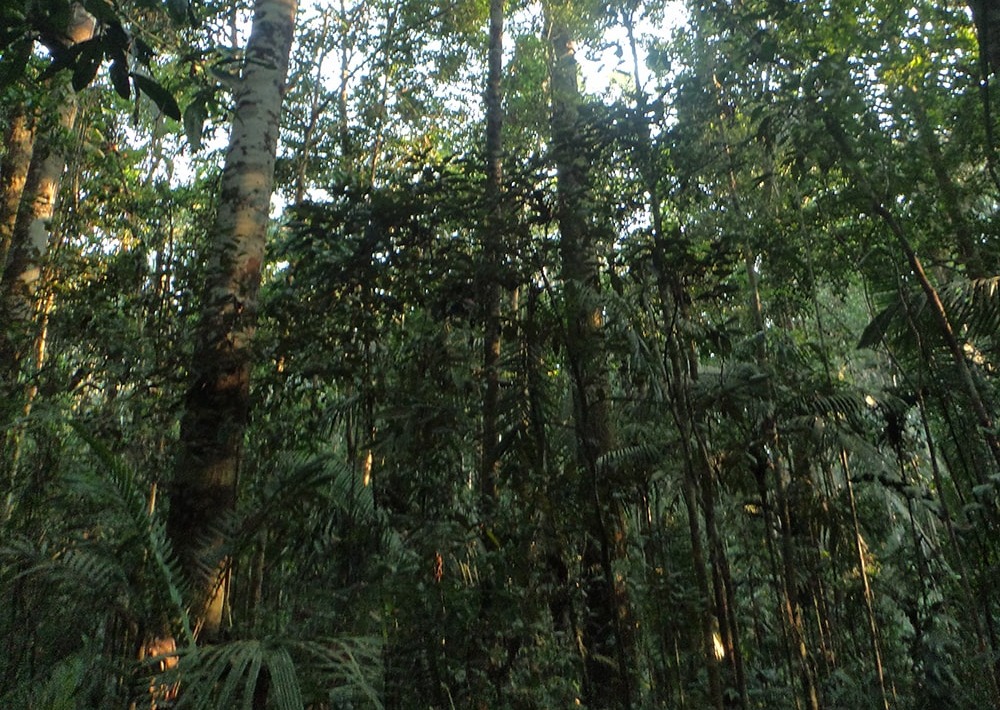
Dense forest within the project landscape, by partner CTI
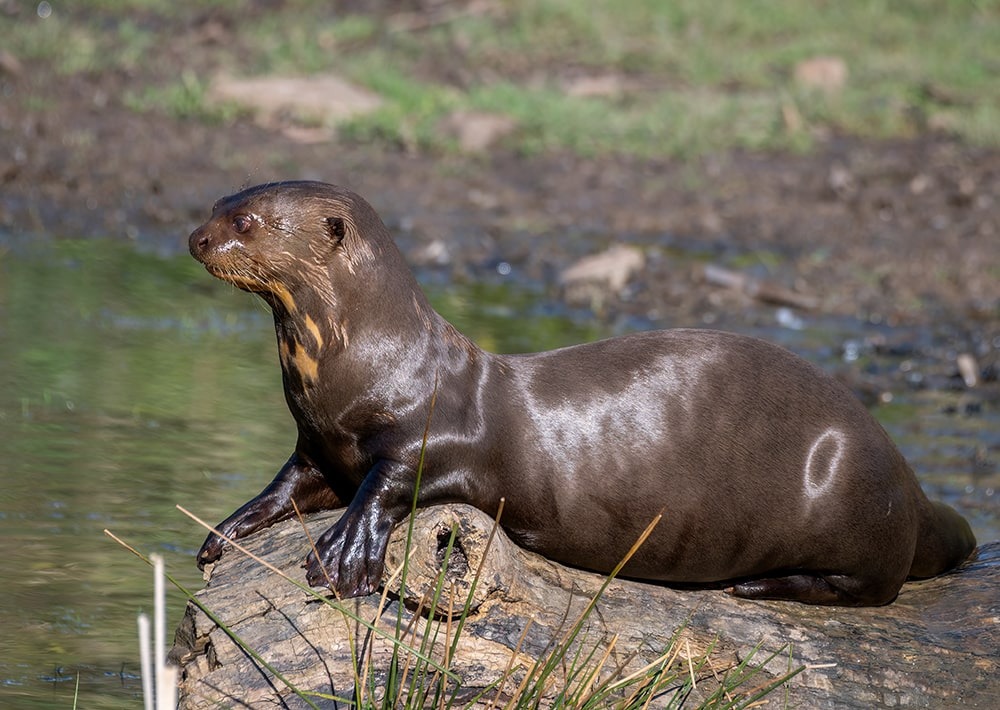
Giant Otter, by Ian Fox
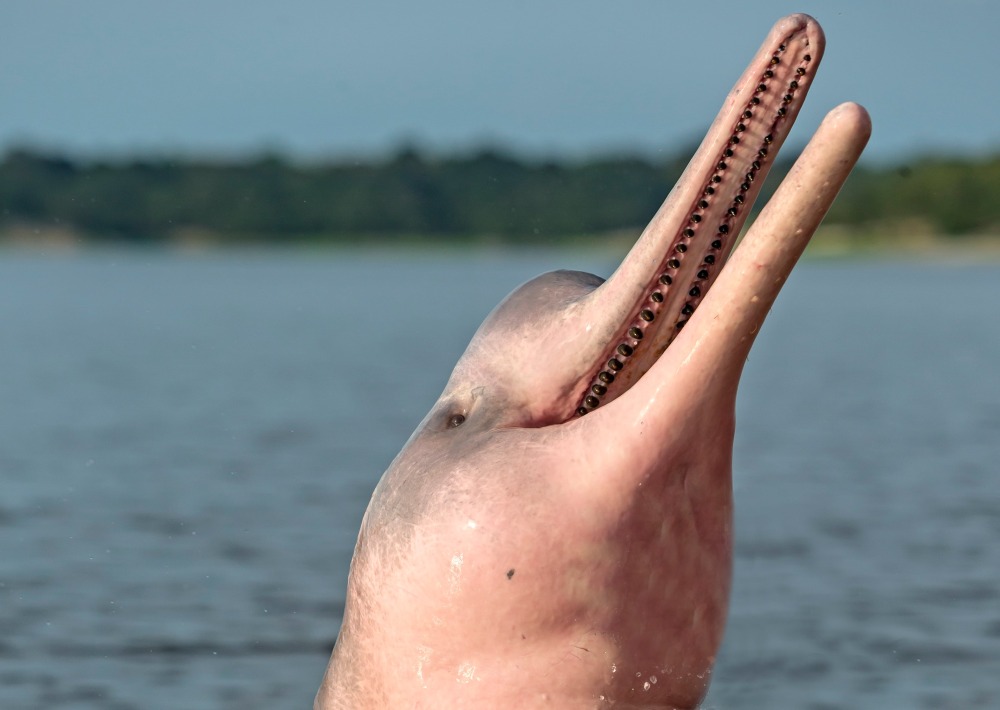
Amazon River Dolphin, by COULANGES
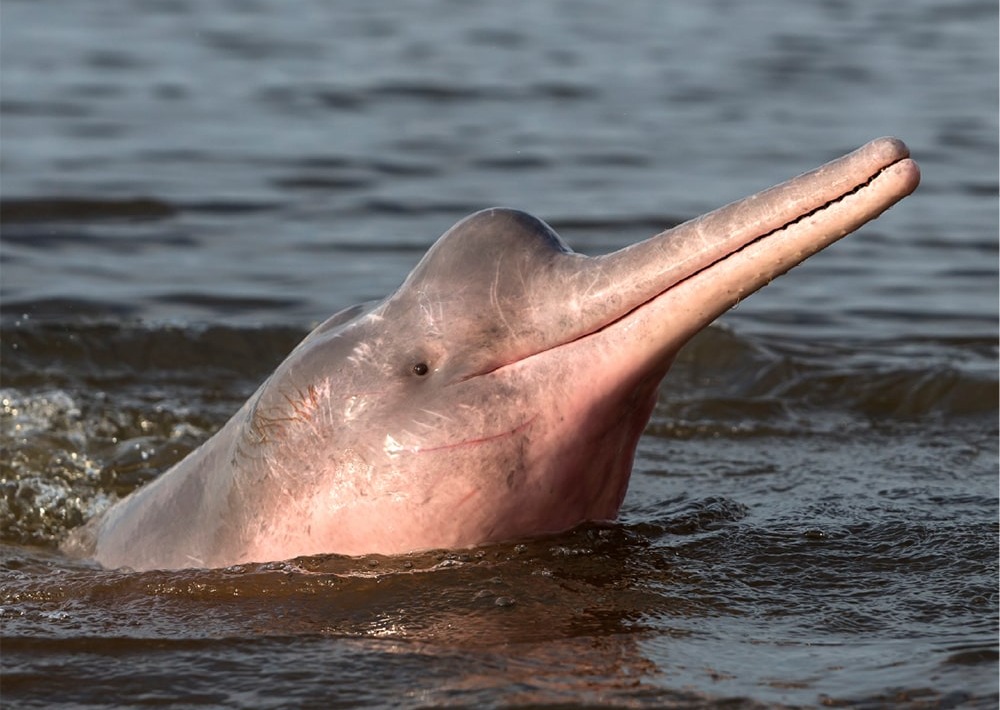
The Amazon River Dolphin, by Coulanges
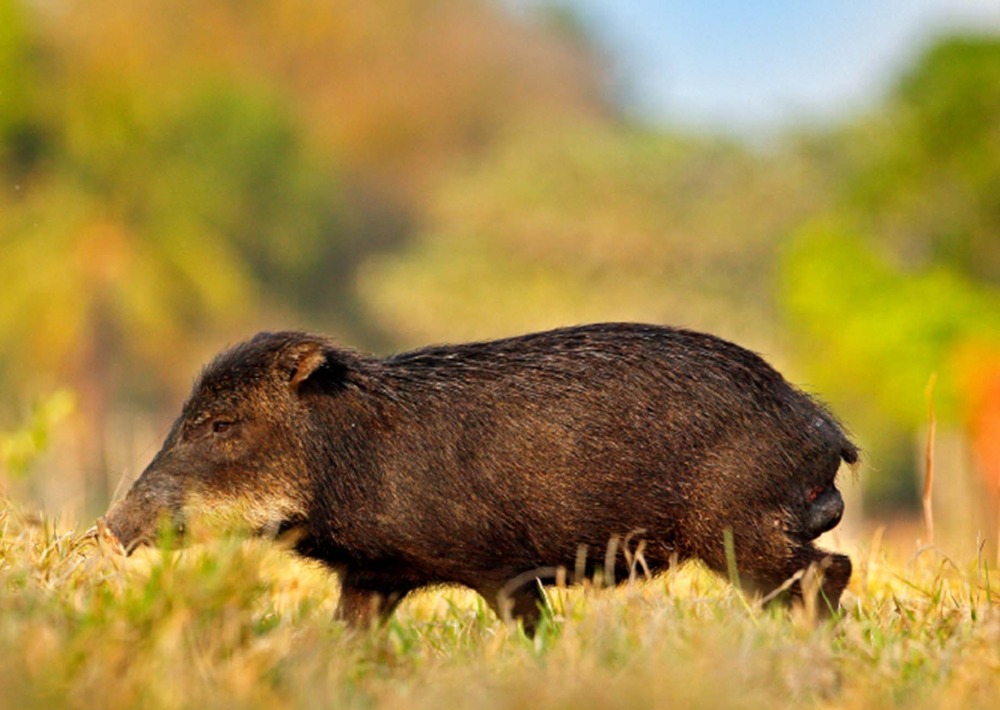
The White-lipped Peccary courtesy of Ondrej Prosicky
The minimal cost of
per acre can save this pristine tropical ecosystem
Save Habitat and Thousands of Species from Highway-related Threats
Among thousands of rainforest species, two species of dolphin, the Endangered Tucuxi and Endangered Amazon River Dolphin, the Vulnerable Amazonian Manatee, and the Endangered Giant Otter live in this isolated aquatic environment, along with many wading birds. The forests are home to Jaguar, Lowland Tapir, Eastern Pygmy Marmoset, White-lipped and Collared Peccaries and Red Brocket. Large tree species found here include Brazil-nut Trees, Big Leaf Mahogany and Rubber Trees, and over 740 species of birds have been recorded in the wider region.
Protect Intact Indigenous Territories in the Brazilian Amazon
Once the legal boundaries of the Mura and Mundurucu territories have been defined and legally declared, commercial-scale logging, extraction and leasing of land to non-Indigenous third parties will be strictly prohibited.
This project reflects a long-term commitment by Rainforest Trust to support Indigenous and traditional communities in the Brazilian Amazon in securing legal land tenure and management rights of their territories. These rights will maintain land-use practices that are compatible with forest conservation. The communities will participate in monitoring and surveillance to protect their territories from environmental crimes.
LEARN MORE ABOUT THIS PROJECT >
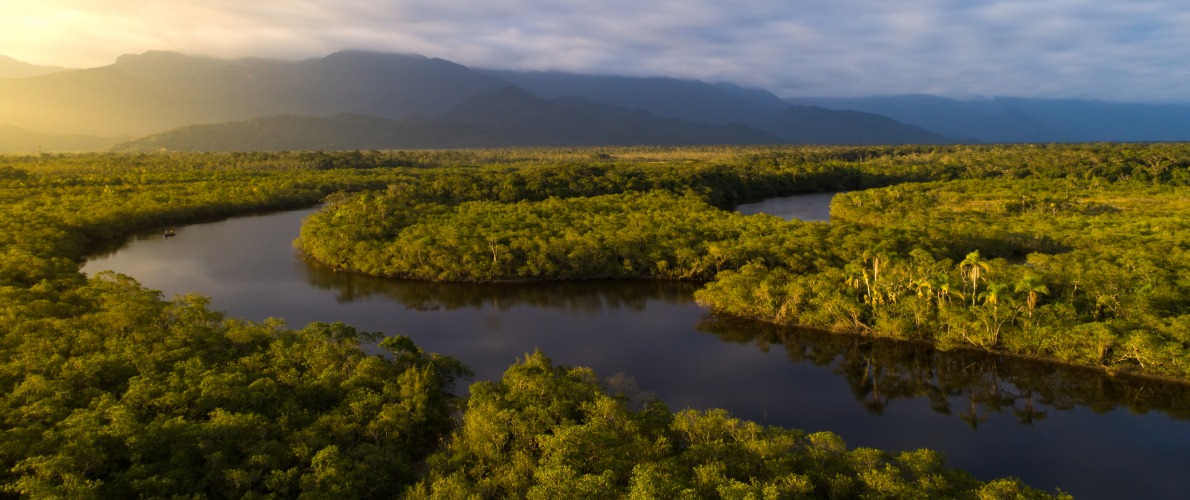
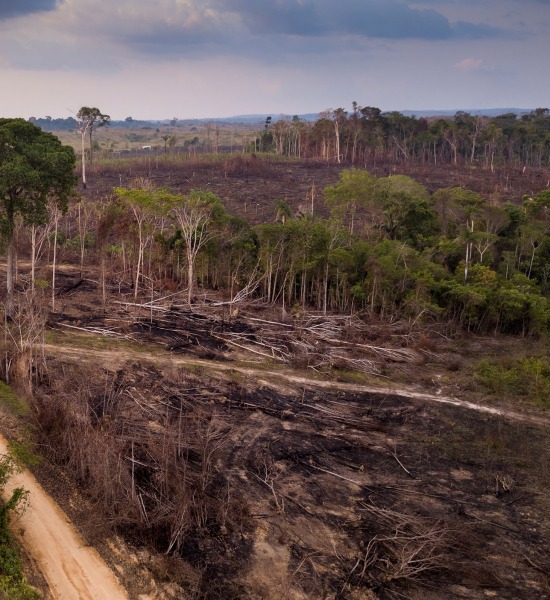
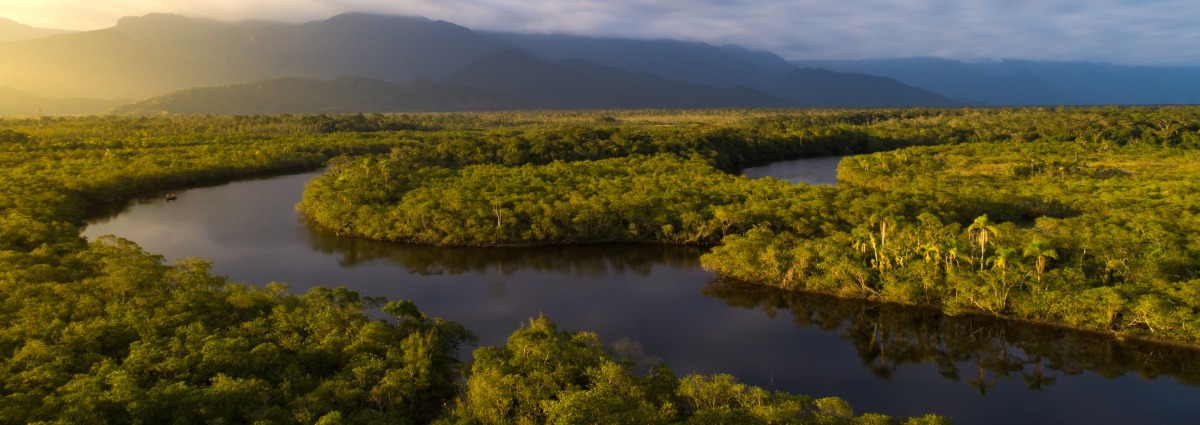
We Value Transparency.
Conservation work is critical, challenging, and can be costly. We work hard to ensure we raise only the funds needed for each project. In the rare case we raise more money than needed or a project comes in under budget, excess monies will be transferred to the Conservation Action Fund. This fund supports our important conservation work throughout the tropics.
Learn more about the Conservation Action FundLearn more about the Conservation Action Fund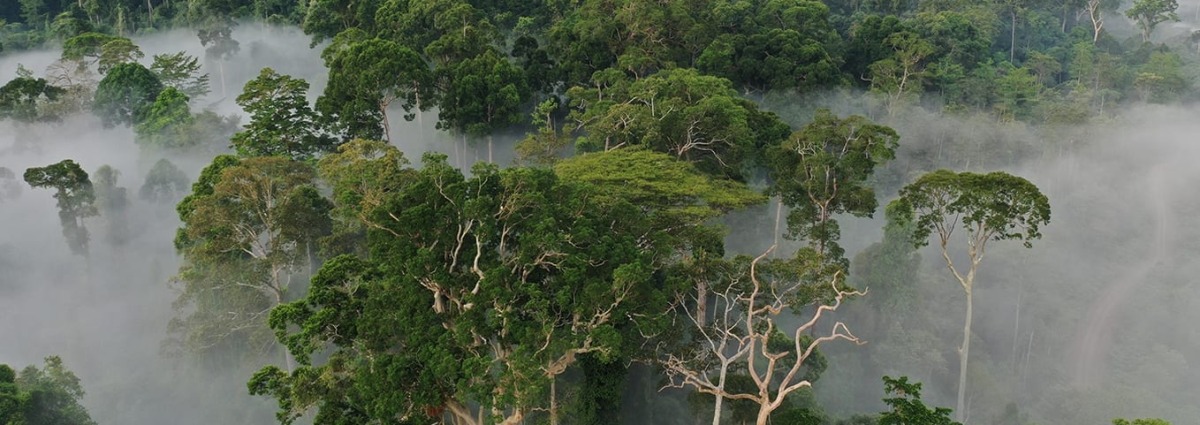
Partnering to Save Rainforest
Our partners’ ability to work with their governments and build strong connections with local communities ensures the successful implementation of our projects.
Learn More About This PartnerLearn More About This Partner
